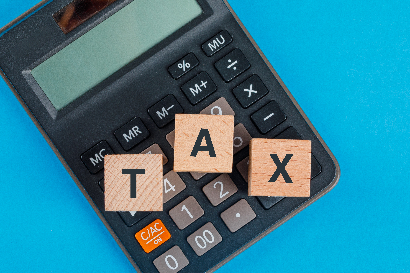

Rule of 72: A Simple Tool to Grow Wealth and Retire Early
Dreaming of retiring early with a robust financial cushion? Building wealth for early retirement can seem challenging, but with the right strategies, it’s achievable. One such time-tested method is the Rule of 72. This straightforward formula helps estimate how quickly your investments can double, offering insights into how your wealth can grow over time.
What is the Rule of 72?
The Rule of 72 is a quick and simple way to calculate how long it will take for your money to double based on the annual return on investment. To use the formula, divide the number 72 by the annual rate of return.
For example, if a mutual fund offers an annual return of 8%, it would take approximately nine years for your investment to double (72÷8=972 \div 8 = 972÷8=9). Similarly, if you want your money to double in six years, the Rule of 72 reveals that you’ll need an annual return of 12% (72÷6=1272 \div 6 = 1272÷6=12).
This formula makes it easy to set realistic goals for your investments, helping you plan for the future.
How to Use the Rule of 72 to Retire Early
- Start Early and Stay Consistent
The earlier you start investing, the more opportunities your money has to grow. For example, a 25-year-old investing Rs 1 lakh at an annual return of 10% could see their investment grow to Rs 32 lakh by the time they’re 55. Starting early allows your money to double multiple times over the years. - Balance Risk and Return
While higher returns often come with higher risks, it’s essential to diversify your portfolio. Equity funds may offer significant growth potential, but balancing them with safer investments like debt funds can protect your wealth from market volatility. - Account for Inflation
Inflation erodes purchasing power over time. At an inflation rate of 6-7%, your money’s value could halve in 12 years. To truly grow your wealth, aim for investments that deliver returns exceeding the inflation rate.
Understanding the Limitations of the Rule of 72
While the Rule of 72 is helpful, it’s not foolproof. It assumes consistent annual returns, which isn’t always realistic due to market fluctuations. Additionally, factors like taxes and fees can reduce actual returns:
- Taxes on Gains: Equity funds held for less than a year may face short-term capital gains tax.
- Inflation-Adjusted Returns: Fixed deposits and other low-risk investments may not always keep up with inflation.
Final Thoughts
The Rule of 72 is a simple yet powerful tool to guide your investment decisions. While it’s not a substitute for detailed financial planning, it’s a great starting point to estimate how your money can grow. By starting early, diversifying investments, and considering inflation, you can build a strong financial future and move closer to your dream of early retirement.











